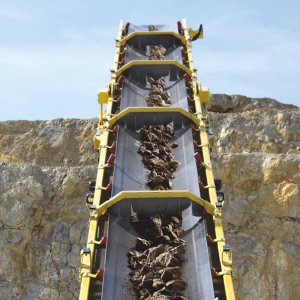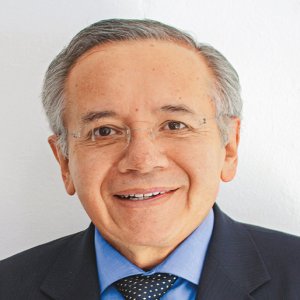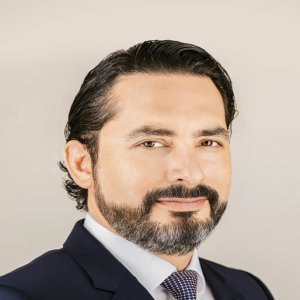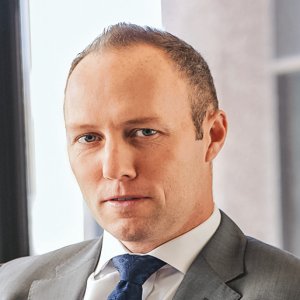New Models Based on Industry Best Practices

STORY INLINE POST
Q: What is the strategy of the Undersecretariat of Mining for strengthening the mining sector’s competitiveness?
A: We will implement an active industrial policy that integrates the perspective of each of the actors in our sector, providing certainty to investors. The main guidelines are innovation, diversification and inclusion. To this end, there are three important approaches. First, carrying out business in a right way. Second, fostering the industry’s competitiveness by reducing costs. Three, reconfiguring the role of authority. We have to implement new models based on industry best practices that underscore inclusion and sustainability.
As for the industry’s competitiveness, we must tackle all those cost factors that can be lessened without impacting Mexico’s development. And regarding the role of the authority, we see ourselves as leaders of the sector, with all the risks and costs this implies. Our goal is to reverse the current trend we observe in the sector. One of our recent achievements is that during 1H19 we reduced the delay in the procedures of the Public Mining Registry by 95 percent. Although we received a large amount of unresolved applications from the previous administration, 63.5 percent of the current resolutions correspond to 2H18.
Q: How can the way of doing business in mining be reformed to benefit all stakeholders?
A: It is of the utmost importance to clearly distinguish three aspects. One, that to which each stakeholder is entitled. Two, what we really want to achieve as an industry, which in turn demands that each stakeholder go beyond what he is entitled to. Three, that which is non-negotiable. For instance, human life is non-negotiable. I am convinced that mining does not have to cost a single human life. Another non-negotiable aspect is natural disasters. To put it in stark terms, Mexican mining, given the current perception of the industry among some segments of the public, would not survive a disaster like the one that happened in Brazil at the beginning of 2019. And I would like to note that naming them “natural” is just a figure of speech because there really is no such thing as a natural disaster in mining. The third non-negotiable aspect has to do with the manner in which stakeholders, including the authorities, relate to each other.
Q: What is your opinion on including indigenous consultations in the regulatory framework?
A: This is a commitment which implementation Mexico has been delaying for years. It is no longer possible to keep procrastinating on this. The current government will implement indigenous consultations and will do so following the highest standards. We will have effective, fast and well-designed consultations, fiscal compliance, remediation of the effects of mining activities and respect for the human and political rights of workers. More generally, it is crucial to include host communities in the project, whether they are indigenous or not. We have to involve the communities, make them part of the process and integrate them into supply chains and to the mining activity itself, if possible. When one does that, everything else is facilitated. Community participation is part of our way of understanding the regulatory framework. To increase Mexico’s competitiveness while protecting the wellbeing of all stakeholders, every industry-member has to work in harmony with each other. That is a joint responsibility, but it starts with the Undersecretariat of Mining.
Q: What strategy should be implemented to improve the public perception of mining?
A: As an industry, we need to stop talking to each other and start communicating with the public at large. In the 13 years since Pasta de Conchos, our industry has evolved considerably. We must step out of our comfort zone and convince others of the fact that mining is fundamental for the development of Mexico’s economy. Investing in state-of-the-art technology, environmental protection programs and better social practices, as well as procuring strong supply chains, is crucial to this end. We have to construct a legacy in line with that of the new administration by building citizenship and aiding in pacifying the country.
























